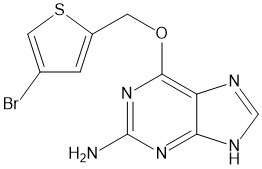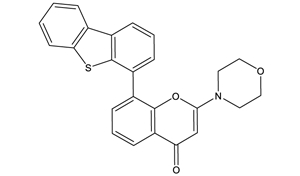DNA Damage & Repair
Below is a selection of small molecule tools for studying DNA damage and repair. Many more products are available. Ask us for a complete list.
DNA integrity is essential for proper cellular function. It can be damaged via environmental factors such as UV radiation, free radicals, viruses, and tobacco smoke, as well as cancer chemotherapeutics and other small molecules. Additionally, DNA can become mutated during the course of normal cellular division resulting in cell death or aberrant cellular growth.
DNA repair processes exist to recognize and fix errors caused by these factors. The major repair processes present in eukaryotes are excision repair (base, nucleotide, and mismatch repair), recombinational repair (non-homologous and homologous), and direct reversal. Cancer treatment frequently involves DNA damaging agents to eliminate malignant cells.
Resistance to chemotherapy arises as cancer cells are able to upregulate DNA repair proteins. Small molecule inhibitors of the many different enzymes involved in DNA repair are being examined as potential synergistic chemotherapeutics to overcome these drug resistance issues

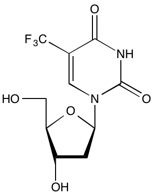
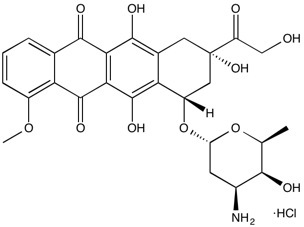
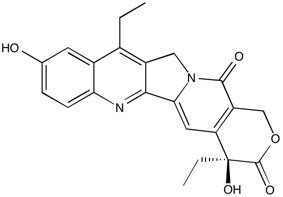
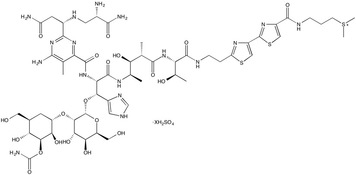

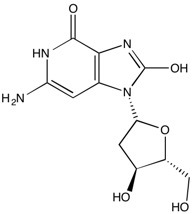

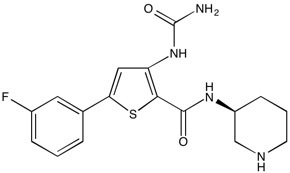
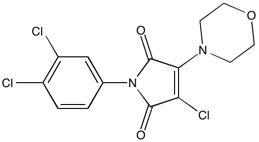

.jpg?width=50)

